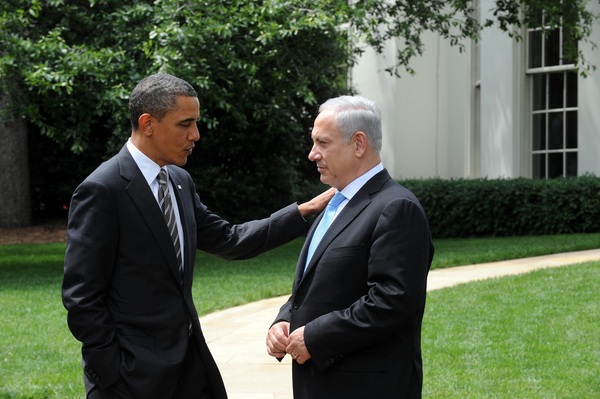Netanyahu’s short-term government
Eitan Haber/Ynetnews/Published: 05.06.15, 10:44 / Israel Opinion
Op-ed: There have been governments in Israel with a tiny majority that allowed themselves to make big moves; but Netanyahu is not Begin, he is not Sharon, and he is definitely not Rabin.
If Benjamin Netanyahu remains with only 61 coalition members in the coming days, Israel’s citizens are entitled to recalculate the route and prepare for the next election campaign. It will only be a matter of a few months before they are called back to the polling stations, and until then Netanyahu will have to again produce all his political magic, juggling and acrobatic skills in order to continue to hold on to the title of prime minister.
Let there be no misunderstandings: There have been governments in Israel that have had a tiny majority and allowed themselves to make big moves. Menachem Begin’s second government, for example, won the confidence of only 61 Knesset members and allowed itself to launch the first Lebanon War. Ariel Sharon’s disengagement plan was supported by a majority in the Knesset that relied on the Labor Party, and the Oslo II Accord was approved with a majority of two MKs – after two other MKs defected from the Labor Party and after the Oslo I Accord, the Declaration of Principles, won a majority of 11 MKs. Such things have happened in the past, but Netanyahu is not Begin, he is not Sharon, and he is definitely not Yitzhak Rabin. He is Bibi, for good and for bad.
Most importantly, times have changed. What happened on the political level in the past few years that has disrupted the governability in the State of Israel and might send us back to the polling stations soon? With all due respect to democratic life in this country, and there is a lot of respect, it seems that the blame rests first and foremost on the parties’ primary elections. What used to be a symbol, sign and example of democratic conduct became an axe to splinter democracy.
Let me explain: The formula for success in Israeli politics today is what we call “name recognition,” a familiar name. Success in the internal elections is measured first and foremost according to how famous a person’s name is. The candidate can be a war hero, a distinguished statesman, a successful person in every area of life – but if his name is not recognized by the public he won’t be elected, or will be placed at a low spot.
Every candidate knows this secret: In the party polls, and later on in the national polls, many people vote for the more familiar name. That’s the reason why candidates are willing to do anything they can think of in order to have their first and last names mentioned as many times as possible. The first person to understand the change in this political-media map was Netanyahu, who leveraged the prevalence of his surname through Operation Entebbe, and to this very day many people believe that his late brother Yoni was the operation’s commander, although the real commander was Dan Shomron.
In the current conditions, it’s safe to assume that in the Likud’s next primary elections MK Oren Hazan will reach a top spot – and he has his good luck to thank for that fact that he worked as a casino manager, because the publicity following the exposure of this past job is worth millions. Sounds ridiculous? Funny? It’s the truth. But the high spot in the primary elections convinces every MK that he did it himself, to himself, and doesn’t owe anyone anything. In other words: Every bastard is a king. That’s why today’s MKs allow themselves to do what their predecessors didn’t allow themselves to do – to disregard the senior decision makers and act as they do, whether as individuals or as part of a faction.
It’s possible that there is no better method than the primary elections in our democracy, but it’s the primary elections which brought us to the current situation. Personally, I know many people who don’t regret it – but why should the State of Israel pay the price?




















